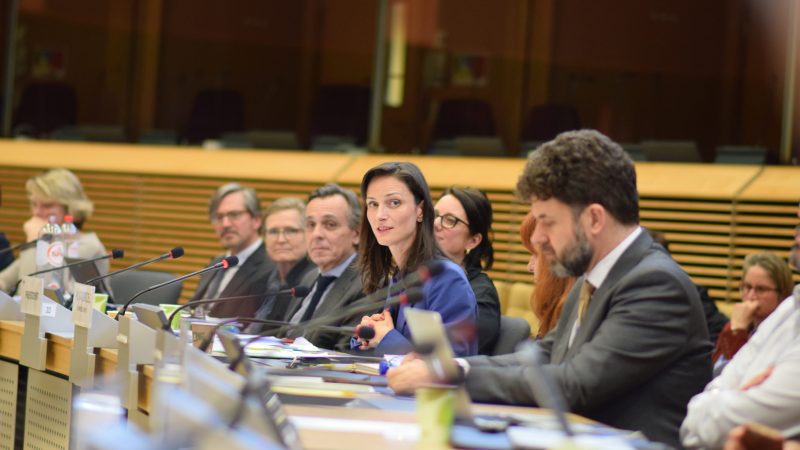 On 14 October 2016 the Media Policy Project hosted a round-table meeting at the LSE to discuss the impact of the General Data Protection Regulation on children. Pascal Crowe, postgraduate student at the LSE, attended the meeting and produced a report detailing the discussion.
On 14 October 2016 the Media Policy Project hosted a round-table meeting at the LSE to discuss the impact of the General Data Protection Regulation on children. Pascal Crowe, postgraduate student at the LSE, attended the meeting and produced a report detailing the discussion.
The GDPR, which comes into effect in 2018, will have far reaching implications on children’s use of ‘information society services’; the most widely used and immediately affected of these services are social media platforms such as Twitter, Facebook, and Instagram. The Media Policy Project invited experts from a variety of fields to discuss the implications and challenges for government, industry, parents, and children themselves.
Although not opposed to robust debate, everyone came in a collaborative spirit. The challenge of working out the effect of this new legislation on government, businesses, and children’s social and personal lives is no mean feat. This legislation is significant, time critical, and complicated by Brexit. The meeting played an important role in enhancing understanding on all sides and developing the beginnings of a consensus on the key issues for children presented by the GDPR.
For example, how does society prevent children from inappropriate content or downloading films illegally? Any attempt to verify age can be easily circumnavigated, either by lying, or by switching to another platform, where the latest superhero films might rub shoulders with extreme pornography. Should children be able to subscribe to elements of social media platforms whilst withholding personal data, depriving these platforms of their main form of revenue, targeted advertising? What level of conflict is there between the protective role of the parent and a child’s right to freedom of expression? And, perhaps most difficult of all, how can the passage of legislation keep astride with technological development?
Hopefully, this meeting provided a base from which to start building responses to these questions, with potential meetings early next year to continue the conversation that has been started by this round table. Between these periods, the Media Policy Project blog will act as a neutral sounding board for conflicting opinions. Whilst there may be a broad spectrum of stakeholders invested in this policy issue, the pressure is on all of them to get their houses in order, in time for 2018.
Read the full meeting report here, and more about the topic from Professor Sonia Livingstone here. This article gives the views of the author and does not represent the position of the LSE Media Policy Project blog, nor of the London School of Economics and Political Science.





